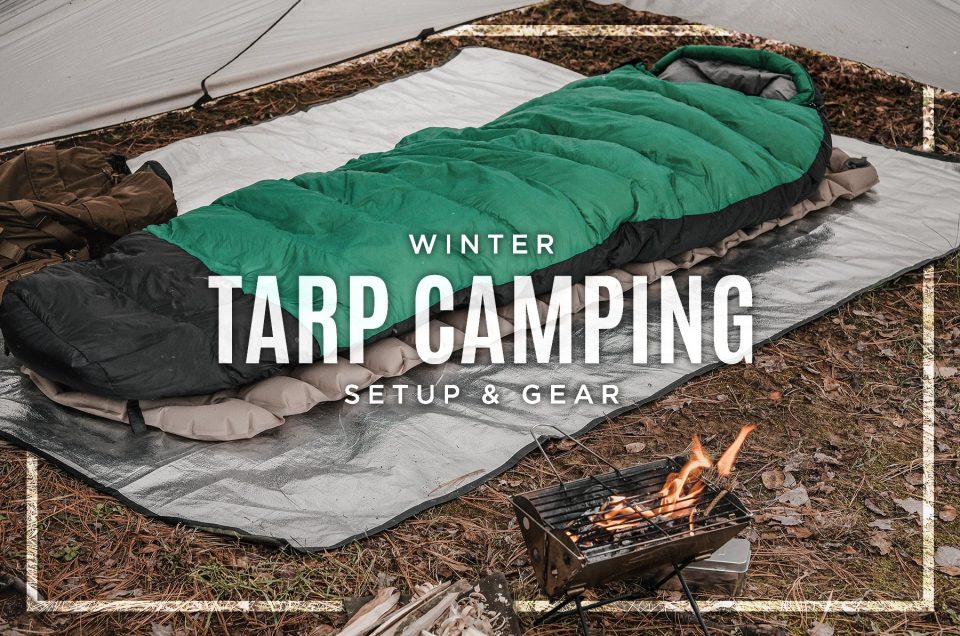Heated Tarp: The Ultimate Guide to Outdoor Winter Survival
- Heated tarps can be used for both indoor and outdoor purposes
- A heated tarp can act as an insulator, trapping heat and keeping the area warm
- Clear PVC heated tarps are ideal for blocking cold air while allowing light to pass through
- These tarps are waterproof, heavy, and resistant to tears and rips
- Heavy-duty poly tarps are also effective for trapping heat and are available in different colors and thicknesses
- Vinyl-coated polyester heated tarps come in various sizes and colors, offering waterproof and UV-treated protection
- Heated tarps can be used for emergency repairs, such as covering broken windows temporarily
- Tarps can be used to protect damaged roofs and prevent heat loss
- Dark-colored heated tarps can help warm the soil in garden areas for planting
- A makeshift greenhouse can be created using clear PVC heated tarps and concrete blocks for frost protection
- Clear PVC heated tarps can be added to decks and patios to block cold breezes and extend usability
- Heavy-duty poly or vinyl heated tarps can be used to create a warm outdoor space
- Vinyl heated tarps can be used to trap warmth in outdoor pools and keep out debris
- Clear PVC heated tarps can keep backyard chicken coops warm while allowing sunlight in
- Vinyl heated tarps can provide protection from drafts during winter camping
- Keeping warm after sunset is essential, and heated tarps can help by adding insulation and blocking cold breezes
- Covering the ground with a heated vinyl tarp can prevent snow from melting as body heat warms the tent floor
- It is important to select a heated tarp that does not allow airflow to prevent cold air from flowing through
- Heated tarps can be easily removed, cleaned, dried, and stored when not in use
- Chicago Canvas & Supply offers a wide range of tarps, including heated tarps and custom-sized options
- Tarps can be used to screen in a deck for winter use or keep garden beds warmed for an early growing season

